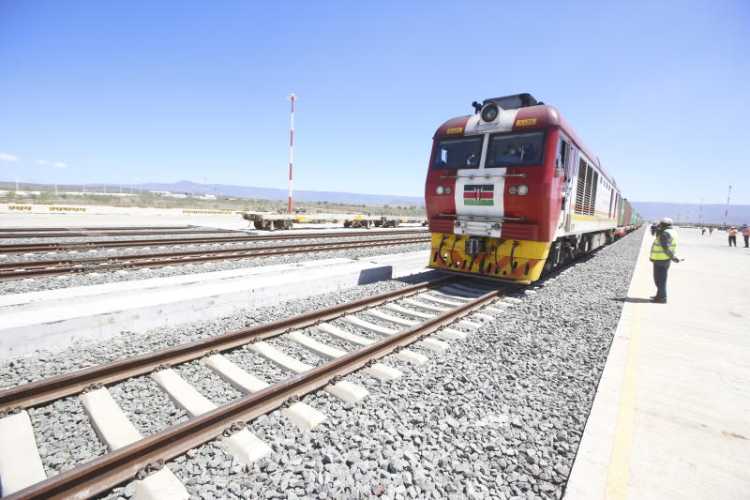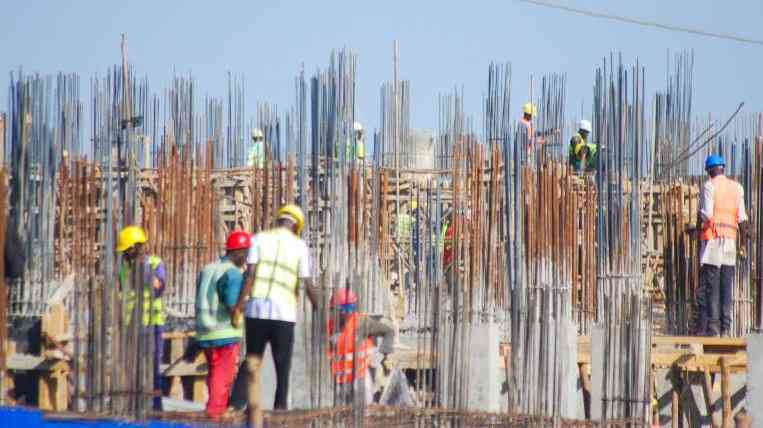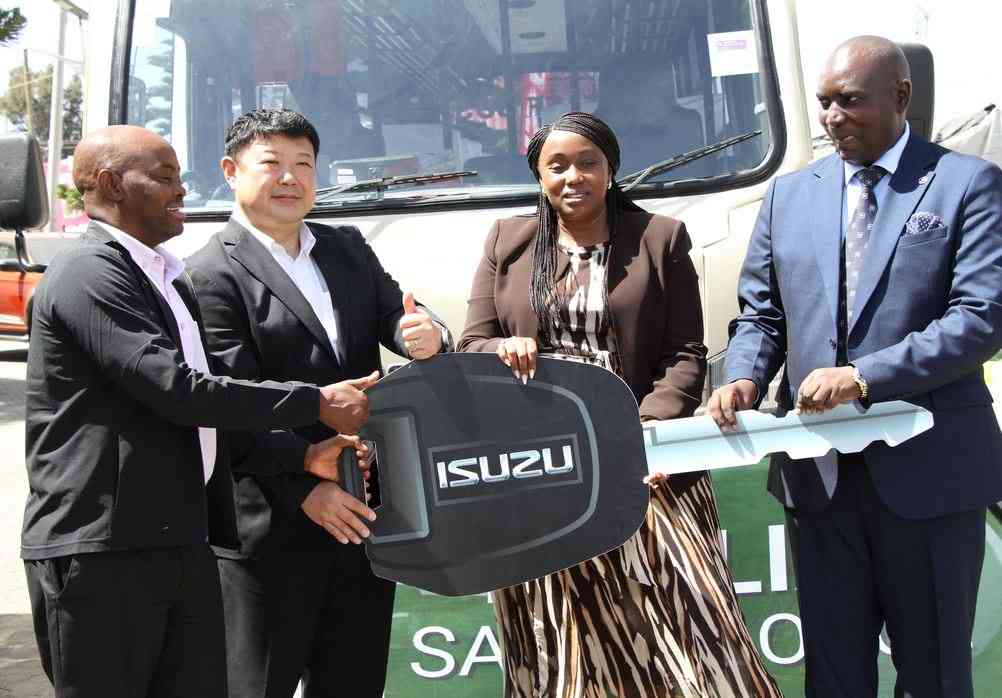×
The Standard e-Paper
Kenya’s Boldest Voice

In this first of a four-part series, we look at President Uhuru Kenyatta’s economic legacy slicing through the interplay between his politics and the economy
Building toilets in Raila Odinga’s political bedrock of Kibera slum is all that the new Jubilee Government needed to vanquish the former prime minister.







